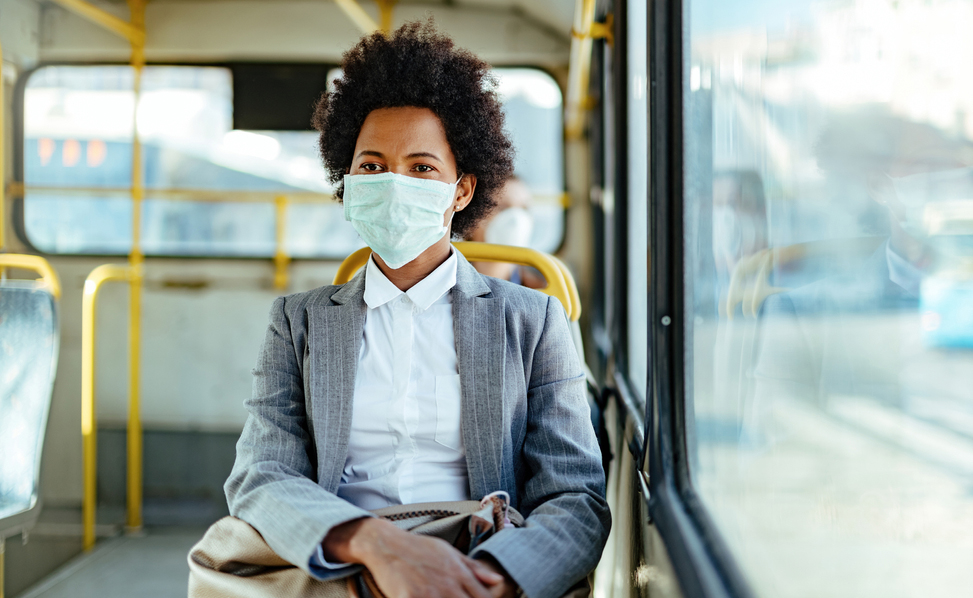Face masks can be a useful measure to help control the spread of COVID-19.
As of 6pm Monday, 11 January, face masks must be carried with you at all times when leaving home, unless you have a lawful reason not to, until 1am 22 January, at this stage.
Masks must be worn in indoor spaces, except in your home.
Queensland Health recommend wearing a mask when outdoors if you are unable to stay more than 1.5m distance from other people, such as busy walkways and thoroughfares.
Children under 12 years and people affected by a medical condition or disability are exempt.
When to wear a mask
Until 22 January, people will be required to wear mask in shopping centres, supermarkets, retail outlets and indoor markets, hospitals and aged care facilities, in churches and places of worship, libraries, indoor recreational facilities, such as cinemas, art galleries, those sorts of types of places and gyms.
Masks must be worn on public transport, in taxis and ride shares but are not required in your own car.
In indoor workplaces where you can socially distance, you don’t have to wear a mask but where you can’t socially distance masks must be worn.
Read more about restrictions for impacted areas.
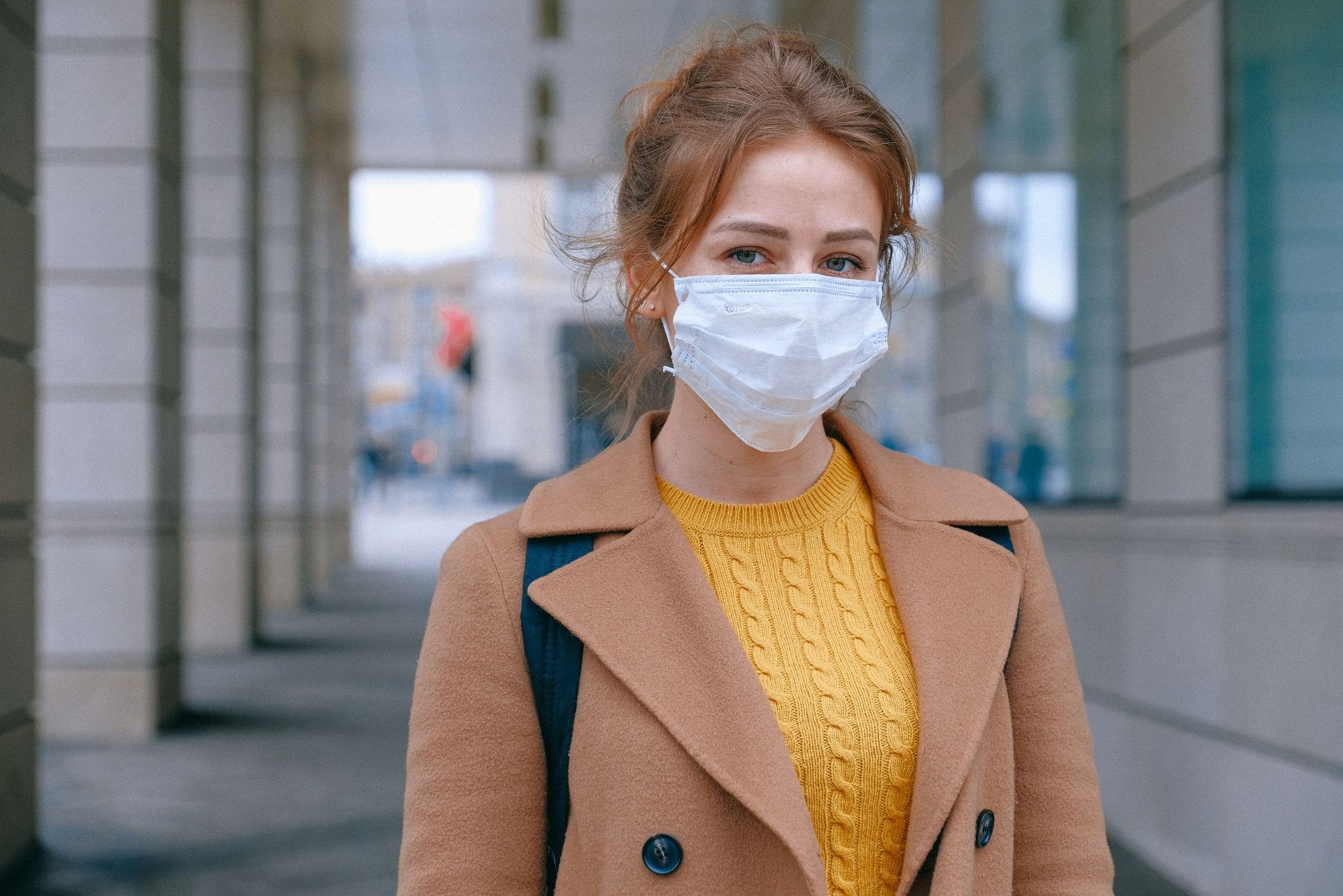
How to wear a mask
- Clean your hands with soap and water or alcohol-based hand rub (made up of over 60 per cent alcohol or 70 per cent isopropanol) before you put on your mask.
- Hold the mask by its tapes or loops, then tie the mask around your head or put the loops around your ears.
- Make sure the mask completely covers your mouth and nose, and that there are no gaps between your face and the mask. If you are using a surgical mask, press the nose piece around your nose.
If using a mask with ear loops, use a plastic clip or tie to join the ends together at the back of your head to make sure it fits securely on your face.
Make sure that the mask does not have holes or a valve, as if you have COVID-19, you can breathe out the virus.
Do not touch your eyes, nose, mouth or the front of the mask while wearing it.
If the mask gets soiled or damp, replace it with a new one.
Dispose of a single-use mask correctly
When disposing of a mask, put it in a sealable bag to ensure the used mask won’t be touched by others. Then put the sealed bag in the bin.
Always clean your hands immediately after removing your mask and putting it in the bin.
Recommended types of face masks or other face coverings
The best face mask is a single-use surgical mask, they can purchase these at pharmacies.
If you are unable to get a surgical mask, any paper or cloth masks are fine to use.
The most effective cloth masks are made up of at least 3 layers.
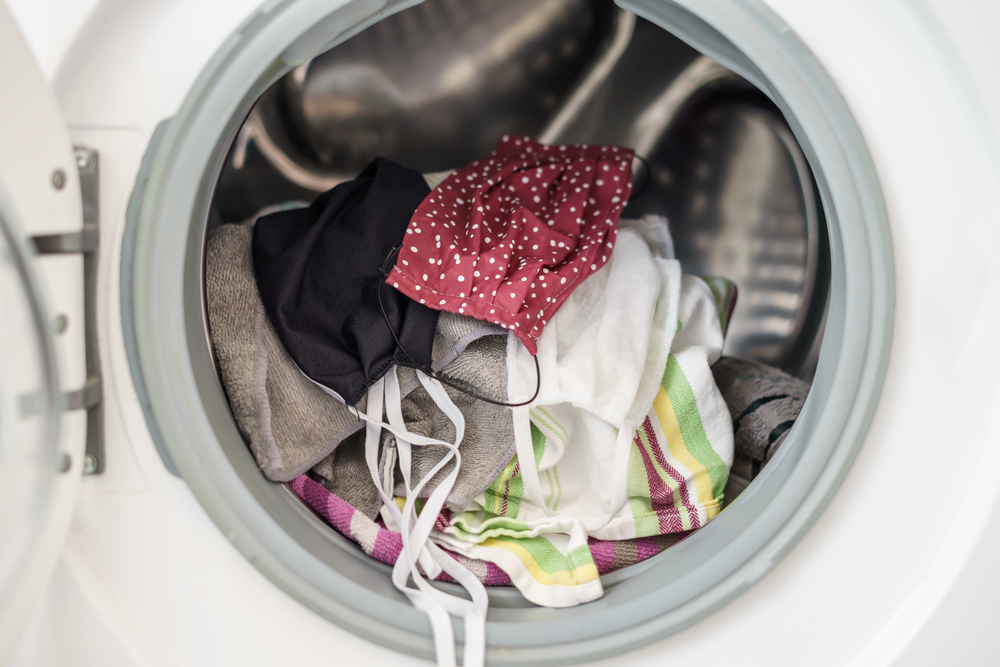
Washing a reusable cloth face mask
Cloth masks should be washed after every use.
They can be washed in the washing machine with other clothes, or hand washed using soap and the warmest appropriate water setting for the cloth.
Dry the cloth mask in the clothes dryer or in fresh air before you re-use it.
Clean your hands with soap and water or alcohol-based hand rub (made up of over 60 per cent alcohol or 70 per cent isopropanol) after handling used face masks.
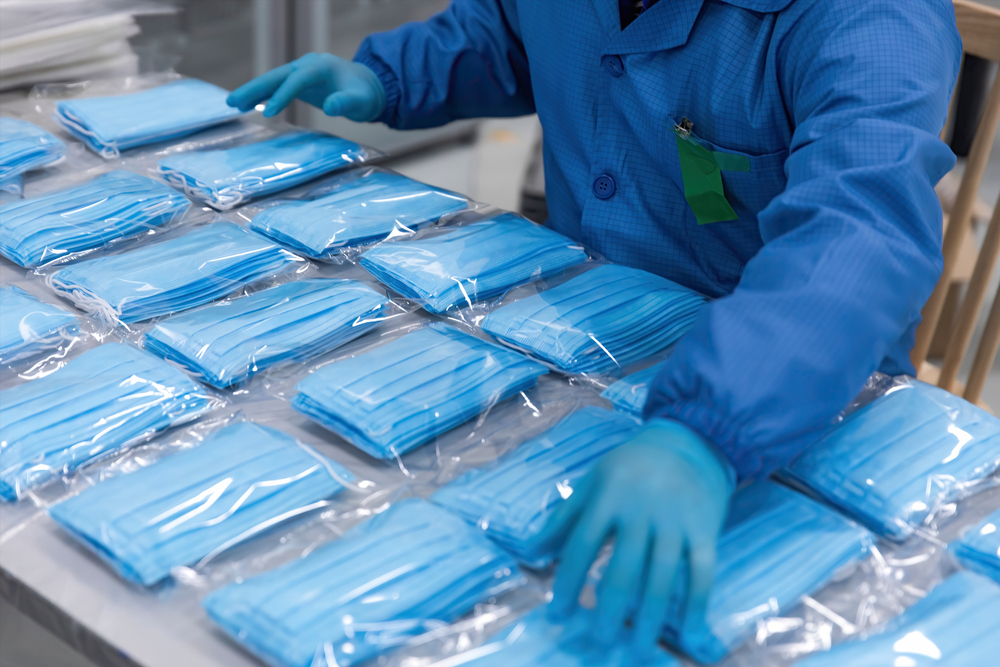
How often to change your face mask
You cannot re-use surgical masks.
You can wash and re-use cloth masks. It is a good idea to have at least two, so you will always have a clean one available.
On a single trip away from home there might be times when you can’t stay 1.5 metres away from other people and wear a mask, and times when you can maintain the distance and don’t need to wear a mask.
For instance, you might take crowded public transport to and from work, but at work be able to Y
You do not have to wear a mask if you are in your own car or if you have your family in your own vehicle.
Throw used surgical masks in the bin or store used cloth masks in a plastic bag until they can be washed.
Re-using a cloth mask without washing it is risky, because it can become contaminated or may not be as effective in protecting you.
For each new situation put on a clean mask. Carry your clean masks in a plastic or paper bag to keep them clean.
For the latest contact tracing alerts, visit the Queensland Health website.
For anyone with concerns or is unsure if they need to get tested or isolate, call 13 HEALTH (13 43 25 84).
To find your nearest testing clinic, visit https://www.qld.gov.au/covid19testing.
Read also:
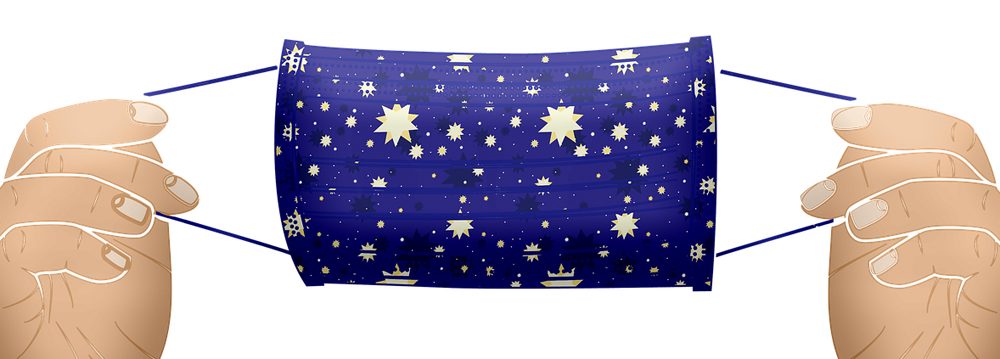
You can make your own cloth mask. Use this helpful ‘how to’ by the Department of Health on how make a face mask.

